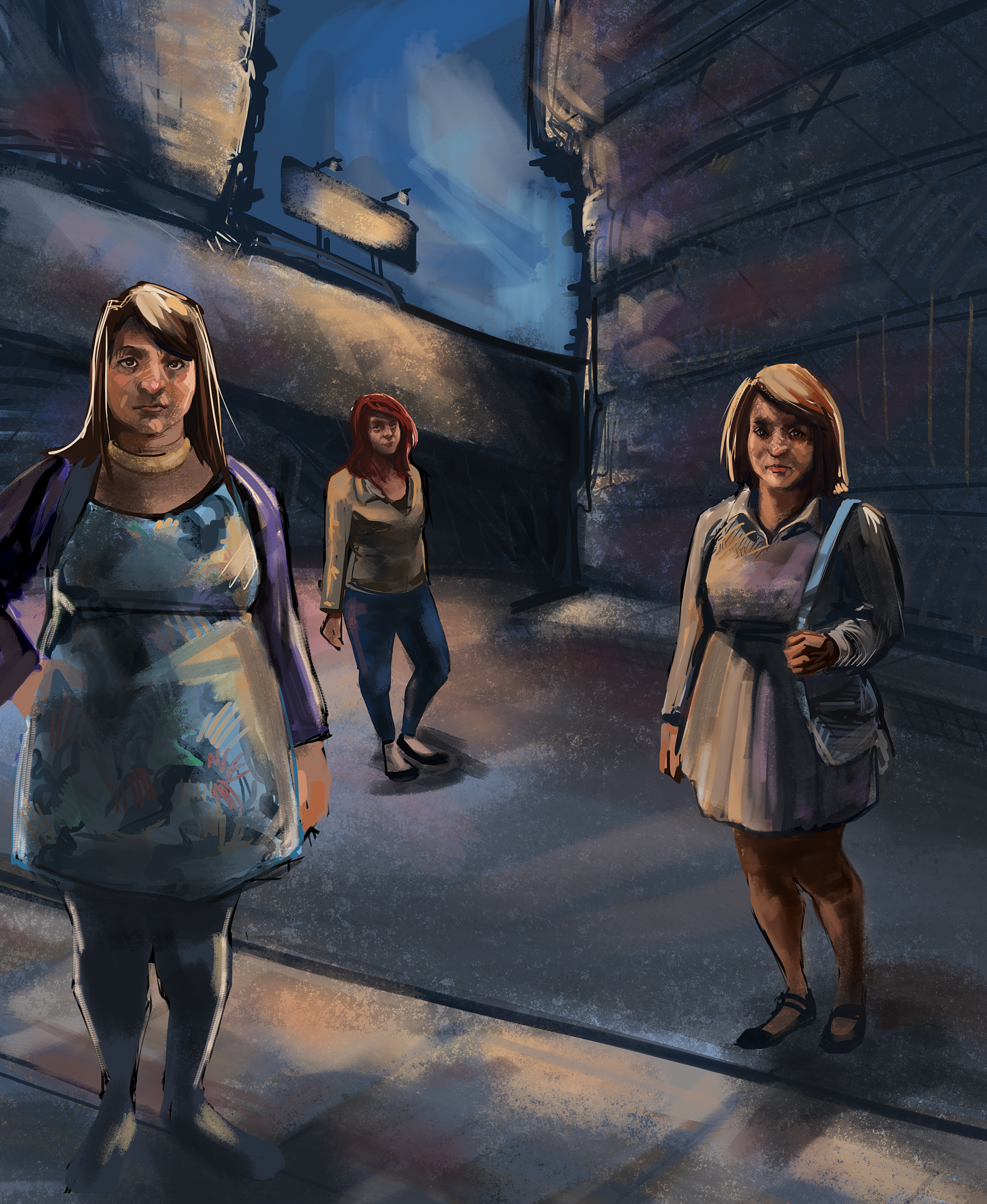What should have been a historic celebration for Quebec’s first female premier turned into tragedy when shots were fired on Sept. 4. A victory speech by the newly elected Pauline Marois of the Parti Québécois was cut short after a 62-year-old man fired shots with a rifle.
Soon after Marois arrived at the podium during her victory rally at the Metropolis in Montreal, the accused, Richard Blain, killed one man, wounded another, and sent a third to the hospital for shock.
Blain, 62, owns a hunting and fishing lodge north of Montreal and is being charged with 16 charges including first-degree murder, three counts of attempted murder, and arson.
The police collected 22 guns from Blain on the scene, in his vehicle and at his home. Only one of his weapons was not registered. The gun that Blain used in the shooting was registered, according to crown prosecutor Élaine Perreault.
Marois, who was clearly confused, was whisked away by bodyguards shortly after her speech began. Moments later a spokesman reassured the audience that a noisemaker had merely been set off but urged the crowd to evacuate the premises. Marois herself then came on stage and demanded the same.
The incident occurred immediately after she stated that Quebec should become an independent country.
Almost in response to Marois’ separatist statement, Blain, who was clothed in a bathrobe and balaclava, was reported saying, “The anglos are waking up. There’s going to be fucking payback. It’s enough. Wanna make trouble,” as he was led away by the police.
In addition to the gun violence, the accused reportedly started a fire and poured accelerant near the back doors of the Metropolis.
The deceased, Denis Blanchette, 48, was a stage technician and was announced dead on the scene. Dave Courage, 27, was Blanchette’s colleague and was seriously wounded by the gunman.
A state-sponsored funeral has been offered to the family of the victim. Marois suggested the ceremony to former Premier Jean Charest, who agreed to the idea. Blanchette’s mother, Ginette Jean, said that the service would be available to the public.
Commentors on the CBC website were astonished by the attacks. The themes of the comments centered around the agreement that violence like that of Blain’s should never be acceptable, regardless of political stance.
The shooting also angered the Prime Minister.
“It is a tragic day where an exercise of democracy is met with an act of violence. This atrocious act will not be tolerated and such violence has no place in Canada,” said Harper.
After a fierce election campaign, riddled with the continual student protests over tuition hikes, the Parti Québécois replaced the Liberals as a minority government.
In a victory for students, Marois declared that the PQ’s promise to cancel the proposed 75 per cent tuition increase would now be delivered. The party also plans to repeal Bill 78 (Law 12).
Marois delivered a separatist theme before the shooting; emerging to the crowd singing a nationalist anthem, “Gens du Pays” (translated, “People of the country”).
Harper responded to the election of the separatist leader with the insistence that the federal government will focus on the economy and job opportunities.
“We don’t believe Quebecers want to reopen the old constitutional quarrels of the past,” stated Harper.
Charest resigned as the party leader after his defeat. Charest had been in office for nine years and proposed the steep tuition hikes that had caused the student protests. The liberal party is now the Official Opposition to the PQ’s minority government.
In another historic aspect of the election, the PQ was elected as the first minority government in the party’s history.
This election saw one of the most engaged and largest voter turnouts of 74.61 per cent, largely due to student movements protesting the tuition hikes.
Marois had promised throughout her campaign that she would cancel the hikes and, according to Martine Desjardin, president of the FEUQ, this process has already begun.
Desjardin stated that Marois was in contact with the FEUQ only 24 hours after the election. She explained that this illustrates a change of communication with the student movement and the government.
When asked if protests and strikes would cease now that the PQ is in power, Desjardin said that those may be ending but the government can expect continued action through research and lobbying.



